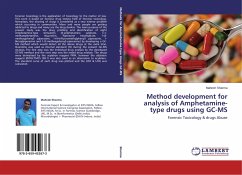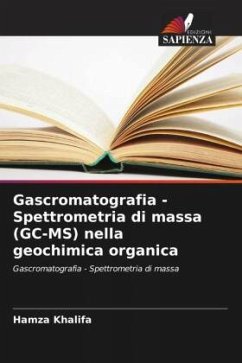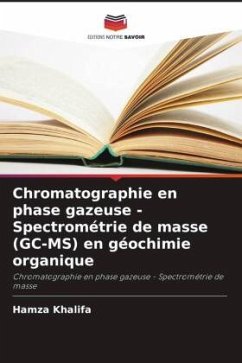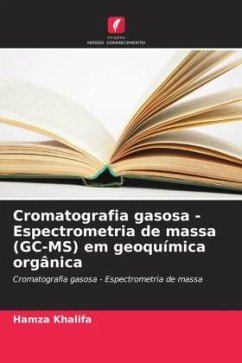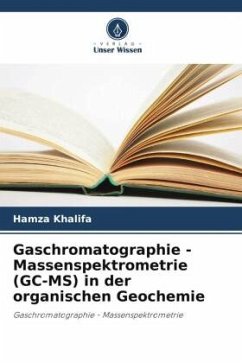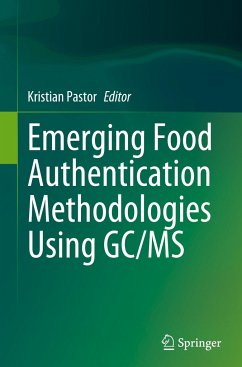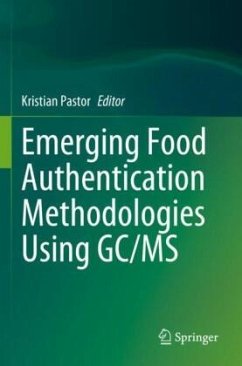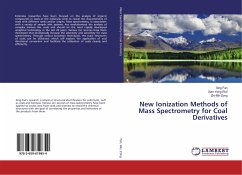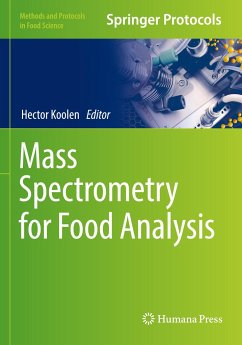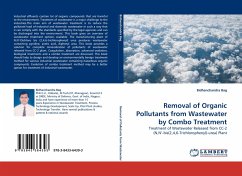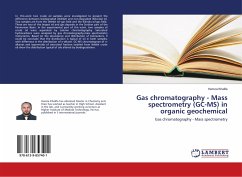
Gas chromatography - Mass spectrometry (GC-MS) in organic geochemical
Gas chromatography - Mass spectrometry
Versandkostenfrei!
Versandfertig in 6-10 Tagen
24,99 €
inkl. MwSt.

PAYBACK Punkte
12 °P sammeln!
In this work two crude oil samples were investigated to present the difference between biodegraded (Velebit) and non-degraded (Kikinda) oil. Two samples are from the Velebit oil-gas field and the Kikinda oil-gas field. These are two of the largest oil and gas deposits in the Serbian part of the Pannonian Basin. In the experimental part of this work, two samples of crude oil were separated by column chromatography. Saturated hydrocarbons were analyzed by gas chromatography-mass spectrometry instruments. Based on the abundance and distribution of biomarkers, it could be conclude that the distrib...
In this work two crude oil samples were investigated to present the difference between biodegraded (Velebit) and non-degraded (Kikinda) oil. Two samples are from the Velebit oil-gas field and the Kikinda oil-gas field. These are two of the largest oil and gas deposits in the Serbian part of the Pannonian Basin. In the experimental part of this work, two samples of crude oil were separated by column chromatography. Saturated hydrocarbons were analyzed by gas chromatography-mass spectrometry instruments. Based on the abundance and distribution of biomarkers, it could be conclude that the distribution is typical of oil in both samples, with difference in the distribution of n-alkane. GC-MS chromatogram of n-alkanes and isoprenoids of saturated fraction isolated from Velebit crude oil show the distribution typical of oils altered by biodegradation.





